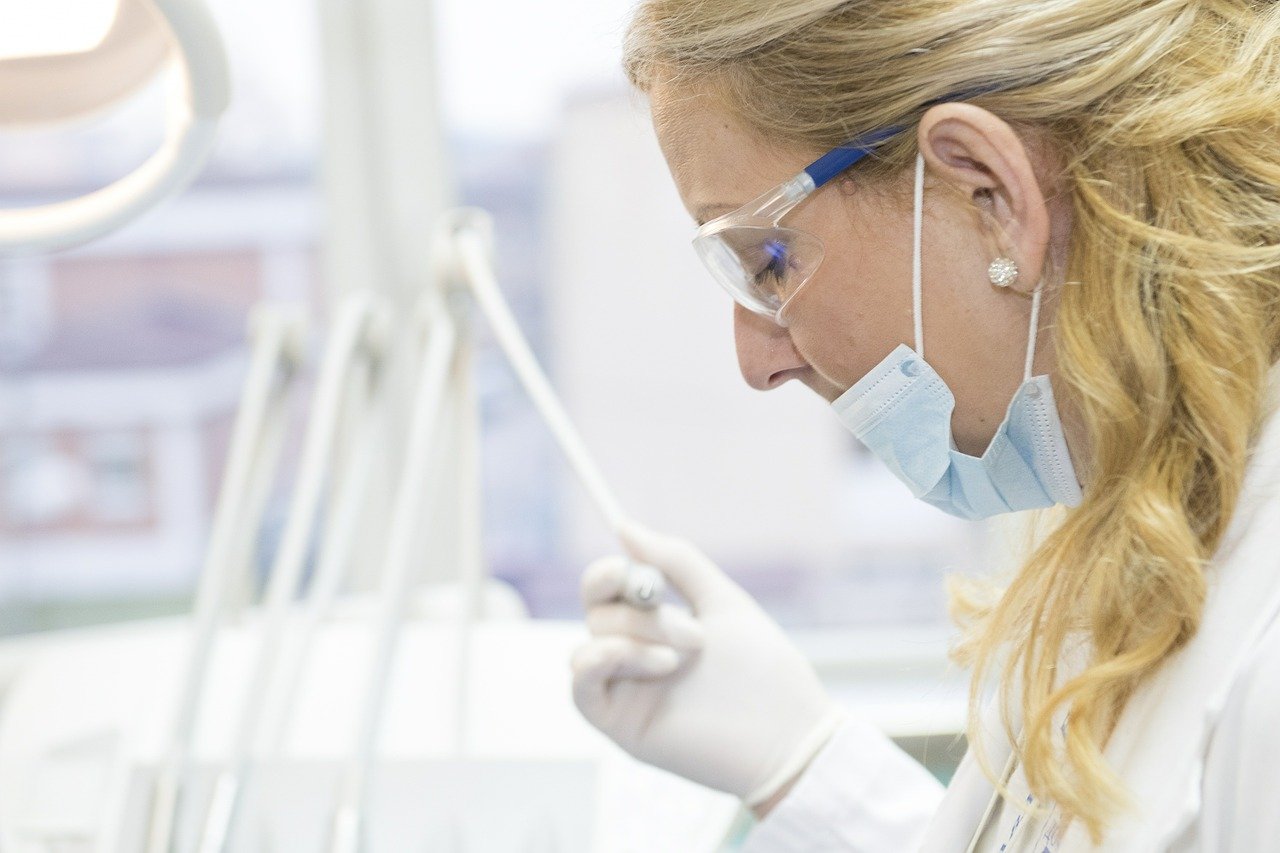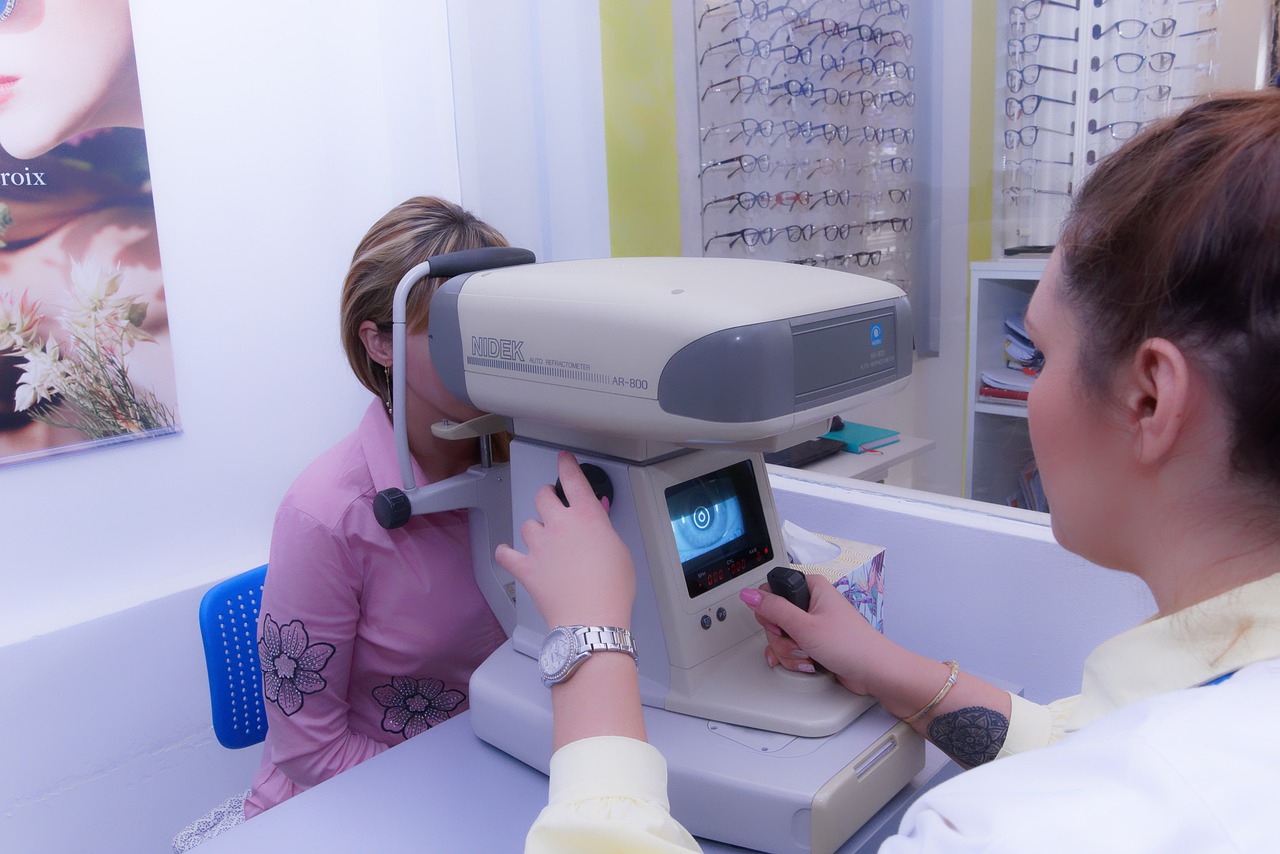Women’s Health Care
Women’s bodies are complex organisms that require specific care and preventive screenings beyond what’s offered in a routine physical. The highly skilled and attentive team of health care providers at Foyé MD and Spa Primary Care in Houston, TX are dedicated to providing women with the best in specialized women’s health care. Whatever your women’s health needs may be, you can begin addressing them by scheduling an appointment with Foyé MD and Spa today. Call or schedule your visit online.
What is a well-woman exam?
In addition to standard preventive care, it’s important for women to regularly monitor the parts of their body and the health care concerns that are particular to their sex. A well-woman exam consists of a number of tests that aim to monitor and maximize your health as a woman, such as:
Foyé MD and Spa medical professionals inspect your breasts for lumps, skin texture, nipple discharge, and any changes in shape.
- Pelvic exam: Foyé MD and Spa medical professionals evaluate your reproductive organs, including your vulva, vagina, cervix, ovaries, and uterus, to determine if there are any abnormalities. She’ll also examine your pelvis and rectum.
- Pap smear: Foyé MD and Spa medical professionals use a device called a speculum to hold open your vaginal walls and then utilizes a soft brush and scraping device to gather a sample of cervical cells to test for cervical cancer
You might also have a mammogram, depending on your age, current health, and risk for breast cancer. A well-woman exam is also an excellent time to discuss, screen for, and/or treat any sexually transmitted diseases.
What are the most common sexually transmitted diseases in women?
Sexual activity leaves you vulnerable to any sexually transmitted disease, but there are some that show up in women more frequently than others. Those include:
- human papillomavirus (HPV)
genital herpes - chlamydia
- gonorrhea
If you’re experiencing symptoms of any sexually transmitted diseases, the first step toward treatment and relief is an open and honest conversation with the health care providers at Foyé MD and Spa Primary Care in Houston, Tx. Many sexually transmitted diseases worsen without treatment and are actually quite easy to prevent and manage with the supervision and guidance of a doctor.
How often should I see a doctor for women’s health?
You should get your first well-woman exam in your mid to late teens, and from age 21 onward, you should be seen for a well-woman exam once a year. The American Cancer Society recommends a clinical breast exam at least every three years for women who are 20 years and older, and a mammogram every year for women who are 40 years or older.


Women’s Health Issues
Whether it’s childbirth or menopause, staying healthy at the different milestones of life is important for good health. Gynecological and reproductive health play a big role in that.
As you go through these milestones, your health needs will change over time and influence the direction of your own care. The following are topics to pay attention to at these stages of life.
Women in their 20’s and 30’s
Women in their twenties and thirties usually face challenges around sexual health and family planning. For those in this age group, we recommend speaking to your doctor about some of the following
Sexual health / STI screening: This involves keeping safe from STI’s and getting regular sexual health check-ups. This is particularly important if you’re starting a relationship with a new partner.
Family planning and contraception: If you’re thinking about starting a family or planning to wait a little longer before doing so, be sure to speak to your doctor about options available for contraception.
Pap smears and cervical cancer: Women in their twenties and thirties should be having regularly scheduled pap smears. These tests help to screen for cervical cancer.
Women in their 40’s
As above, contraception, family planning and sexual health are issues that you should still be paying attention to.
In addition, exercise, diet and nutrition may take on a little more importance as the body’s metabolism slows down. These elements may start to feature more in your day to day life. For those needing a little guidance or help in these areas, make an appointment to see your doctor.
Women in their 50s and beyond
Past the age of fifty, most women have completed their families and will be in the stages of menopause or postmenopause. Be sure to discuss screening tests with your doctor to find out which ones are appropriate for you to carry out.
Mammograms: Usually started around the age of 50 but they may be started earlier in specific cases.
Colorectal cancer screening: Usually start around the age of 50.
Osteoporosis and bone scans
Lastly, all women should schedule a yearly well-woman exam with their doctor. These exams are designed to help catch gynecological and breast diseases early on. Depending on your age, medical history and personal circumstances, your doctor will tailor your well-woman exam to fit your needs.
